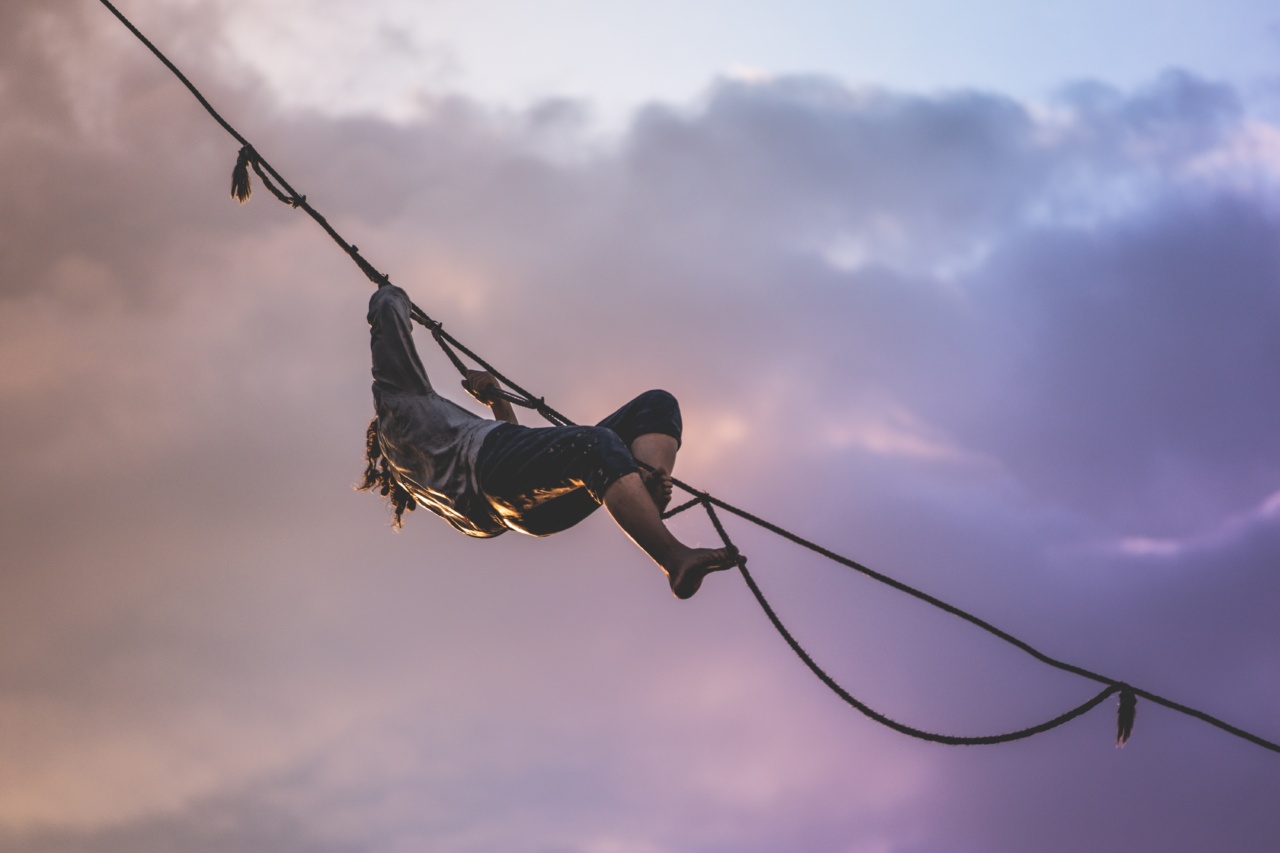Have you ever thought that the time you go to bed could have an impact on your health, especially when it comes to breast cancer and prostate risk? Studies have shown that late-night exposure to artificial light and irregular sleeping patterns may increase the risk of these types of cancer.
What is the Link between Evening Light Exposure and Cancer?
Exposure to light during the evening hours interferes with our bodies’ natural circadian rhythms, which can lead to the suppression of melatonin production.
Melatonin is a hormone that plays a crucial role in regulating our sleep-wake cycle, and also has anti-cancer properties.
Studies have shown that people who work night shifts have a higher risk of breast and prostate cancer.
This is because their exposure to artificial light during the night disrupts their melatonin production, leading to an increased risk of developing these types of cancer.
What is the Link between Irregular Sleeping Patterns and Cancer?
Irregular sleeping patterns can also have a negative impact on our health. Our bodies are naturally designed to be in sync with the light and dark cycles of our environment, which helps to regulate our sleep-wake cycle and keep our hormones in balance.
However, when we disrupt this natural rhythm by staying up late or sleeping in on weekends, we confuse our bodies and can disrupt our hormone levels.
This can lead to an increased risk of breast and prostate cancer, as well as other health problems such as obesity, diabetes and cardiovascular disease.
How can You Reduce the Risk of Cancer?
There are several steps you can take to reduce your risk of breast and prostate cancer:.
- Avoid exposure to artificial light at night, especially blue light from electronic devices.
- Try to stick to a regular sleeping pattern, even on weekends.
- Make your bedroom dark and cool to promote a better sleep environment.
- Get plenty of sunlight during the day to help regulate your circadian rhythms.
- Eat a healthy and balanced diet, with plenty of fruit and vegetables.
- Avoid smoking and excessive alcohol consumption.
Conclusion
The dangers of evening time are real, and it’s important to take steps to reduce your risk of developing breast and prostate cancer.
By avoiding exposure to artificial light at night, regulating your sleeping patterns, and making healthy lifestyle choices, you can help reduce your risk and improve your overall health and wellbeing.

























